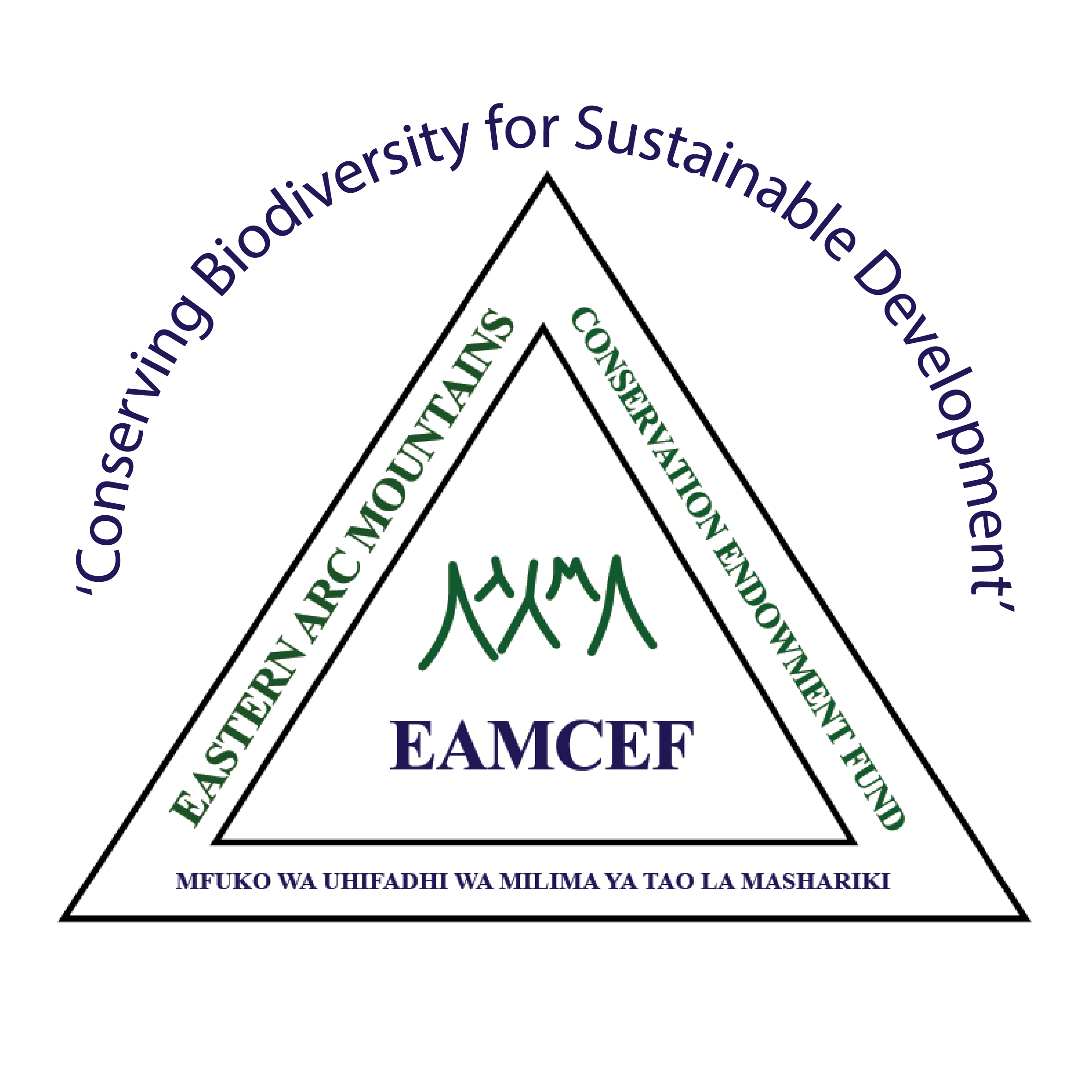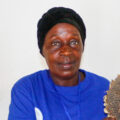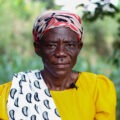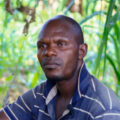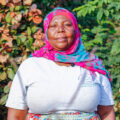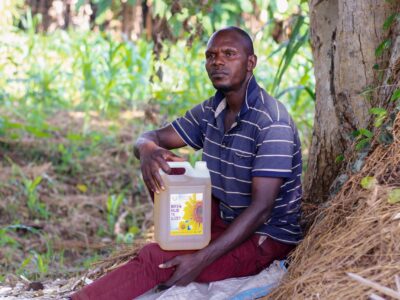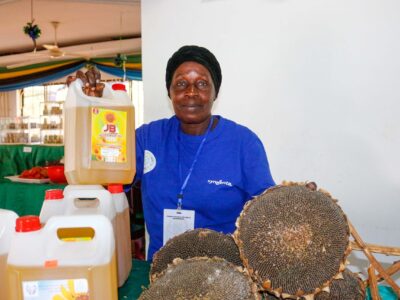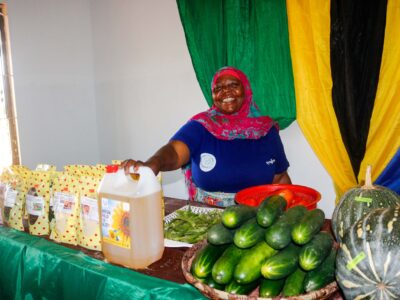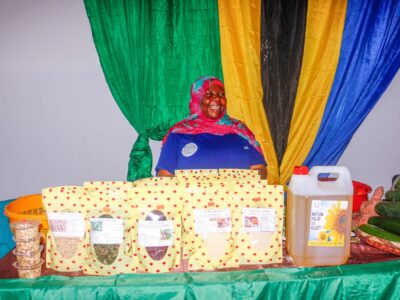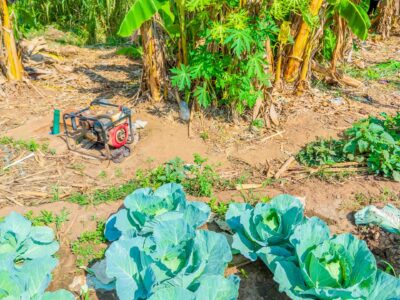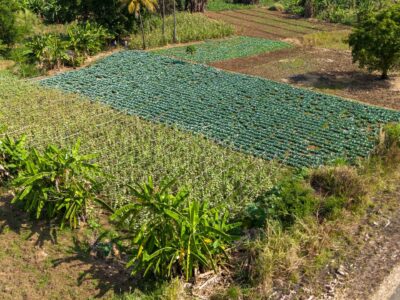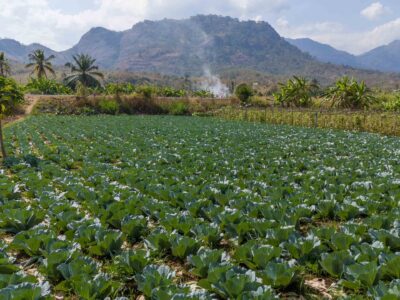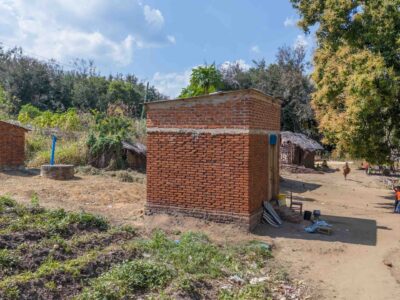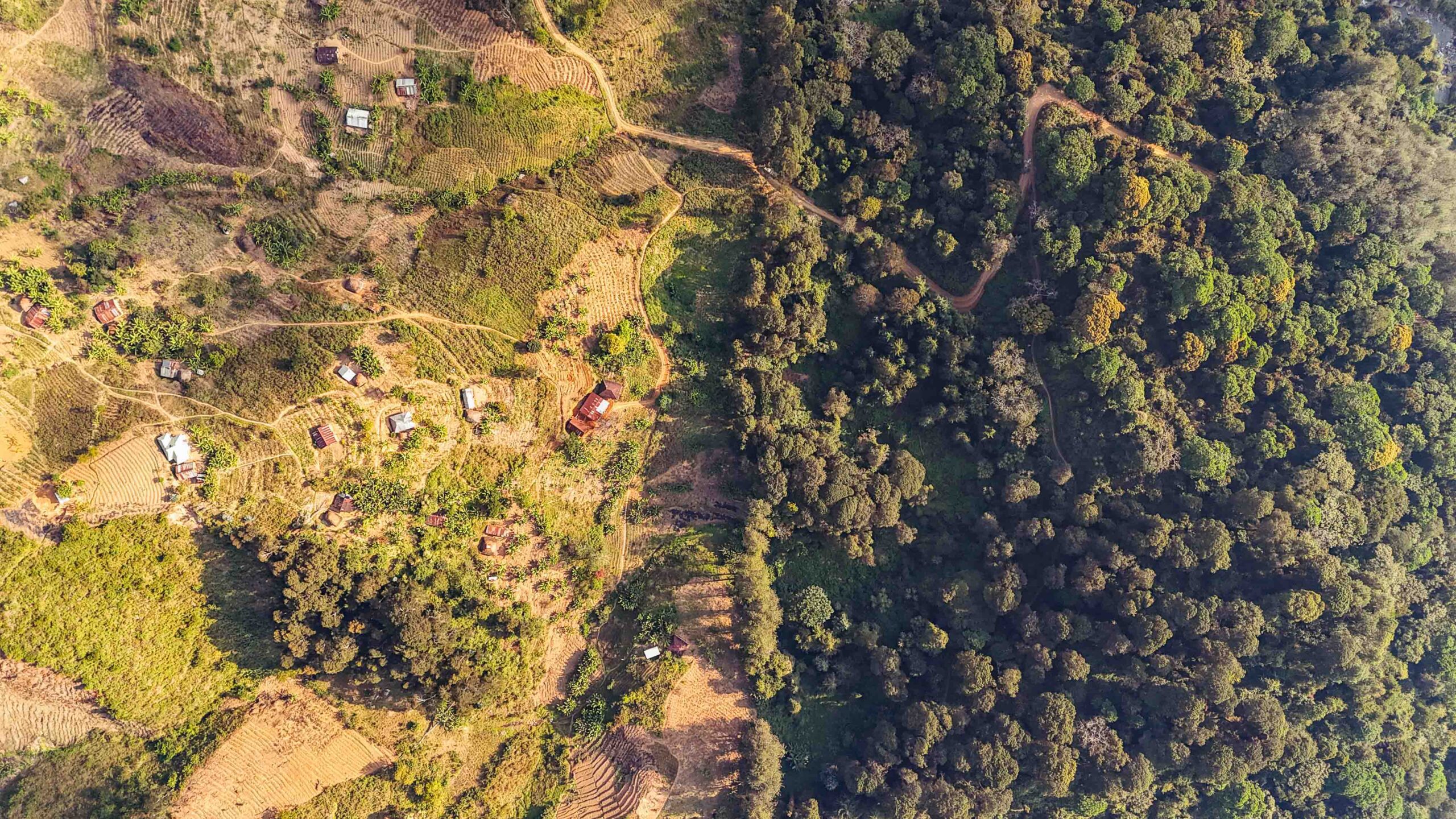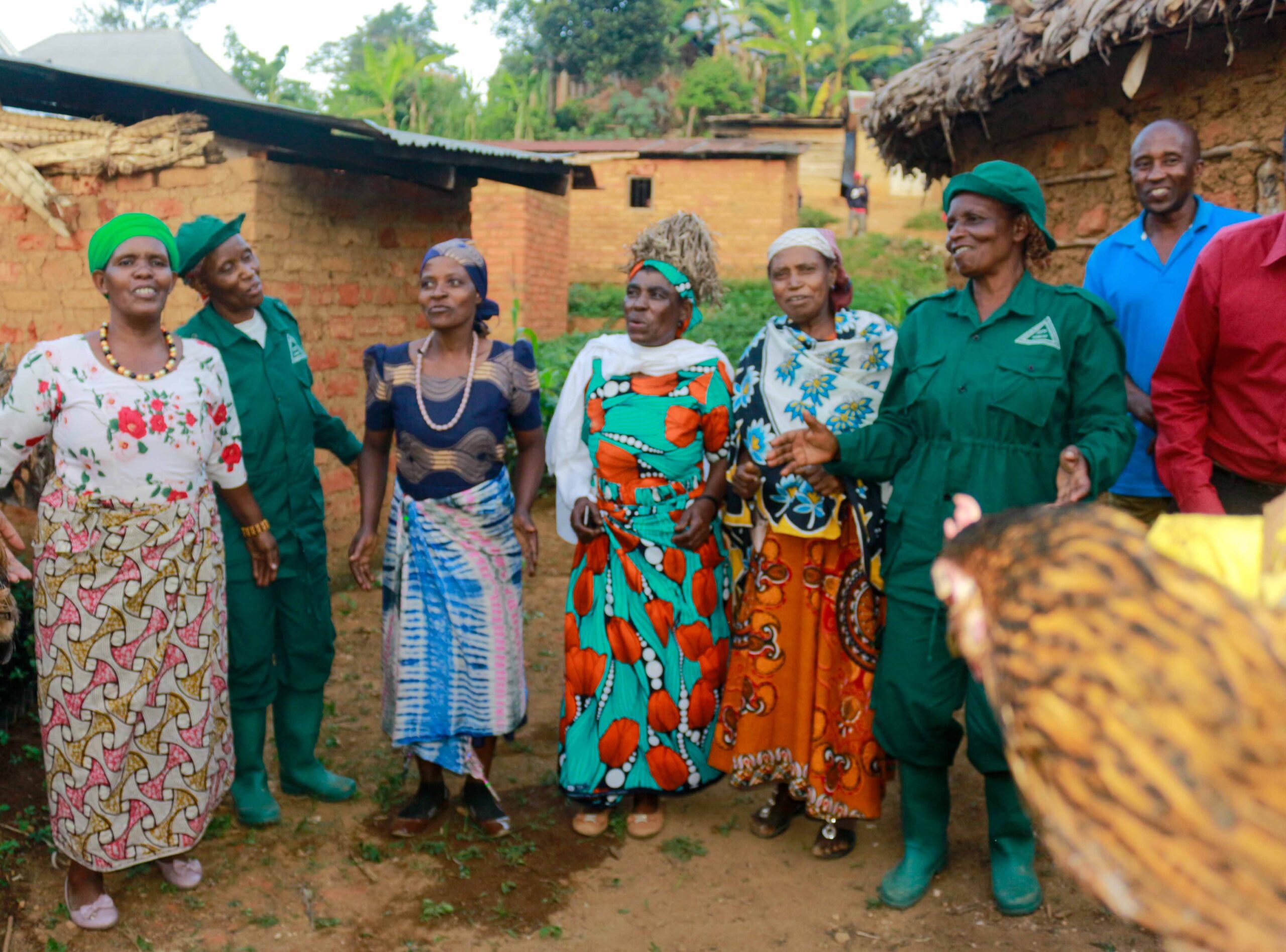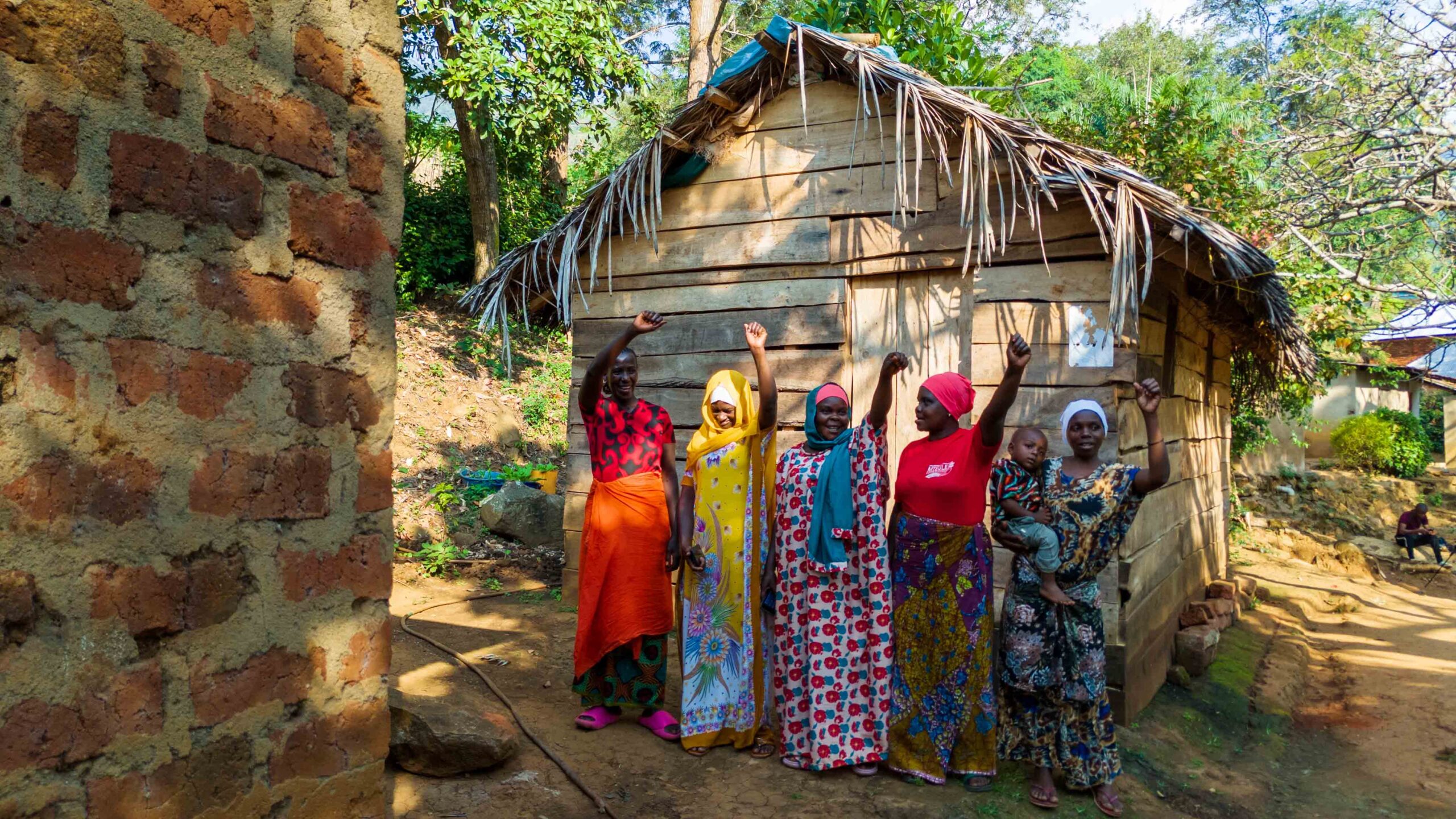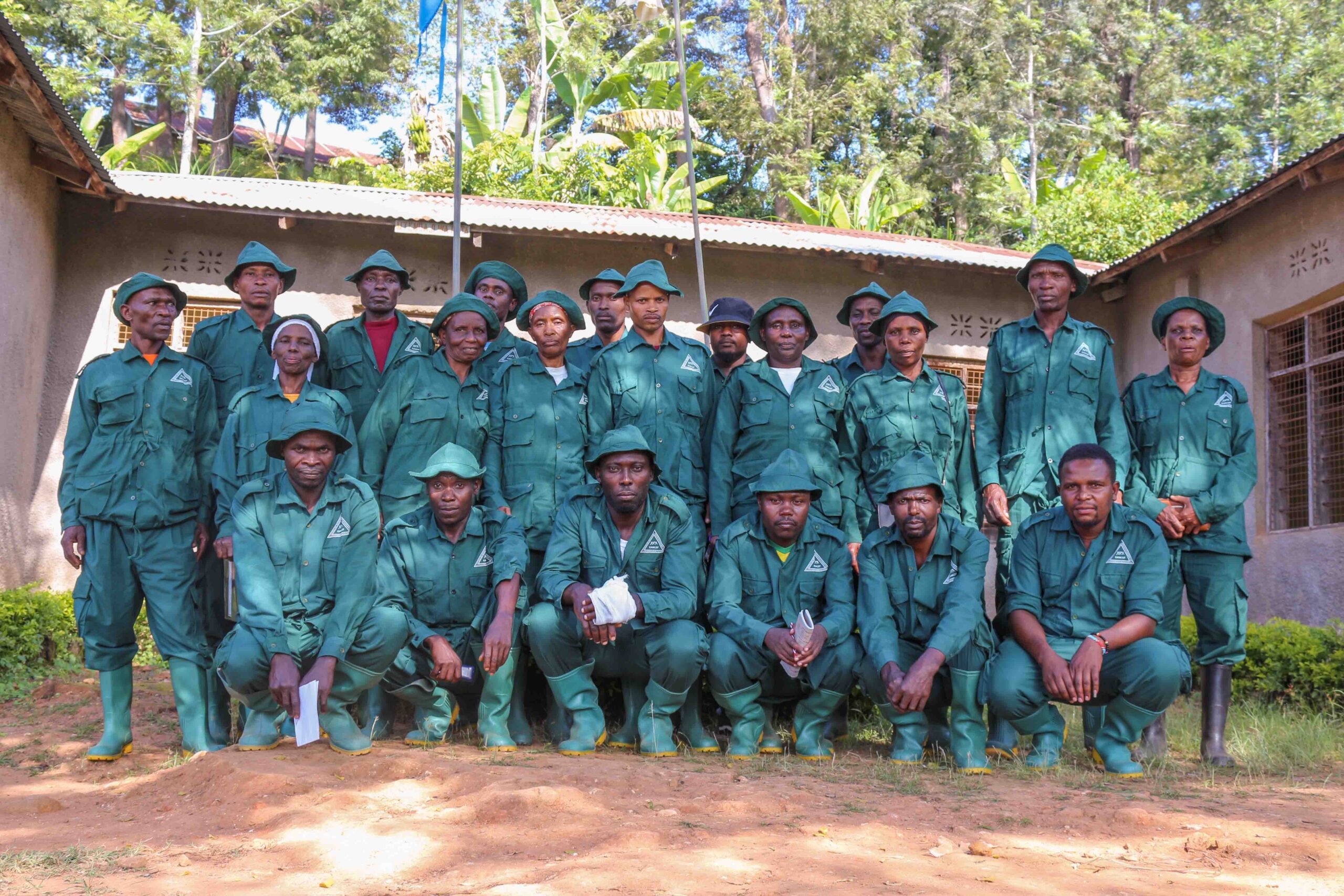Sunflower farming as an alternative to charcoal in Mkingu has transformed the lives of many, including Mwanahawa Athumani Rashidi. In the past, Mwanahawa relied on cutting trees for charcoal and firewood from the Mkingu Nature Forest Reserve to survive. Although she knew the environmental damage this caused, she had no other source of income.
Everything changed when she learned about sunflower farming as an alternative to charcoal in Mkingu, introduced by the Eastern Arc Mountains Conservation Endowment Fund (EAMCEF) and Nakya Group. The project aimed to promote forest conservation by offering sustainable income-generating options. Through training, Mwanahawa and other villagers received improved sunflower seeds and were taught environmentally friendly farming practices. They also learned how to protect native vegetation, water sources, and underground biodiversity by avoiding over-digging and harmful chemicals.
Thanks to sunflower farming as an alternative to charcoal in Mkingu, Mwanahawa shifted completely from charcoal-making to processing sunflower oil, flour, and vegetables. Her income improved significantly, enabling her to build a brick house and install a modern toilet. Today, she is not only financially stable but also an active environmental educator in her community.
Mwanahawa is now a living example of the success of sunflower farming as an alternative to charcoal in Mkingu. She speaks passionately about the importance of preserving forests for clean air and wildlife habitats. Her journey showcases the power of environmental education and sustainable practices in changing lives and protecting nature.
Before this project, farmers had lost hope in sunflower farming due to market difficulties. The project introduced quality seeds and oil processing education, increasing enthusiasm. Sunflowers are low-cost, require minimal inputs, and can be grown alongside other crops. The project started with 20 farmers but has now grown to over 150, with seeds sold to neighboring villages like Mvomero and Makuyu, significantly expanding the sunflower market.
